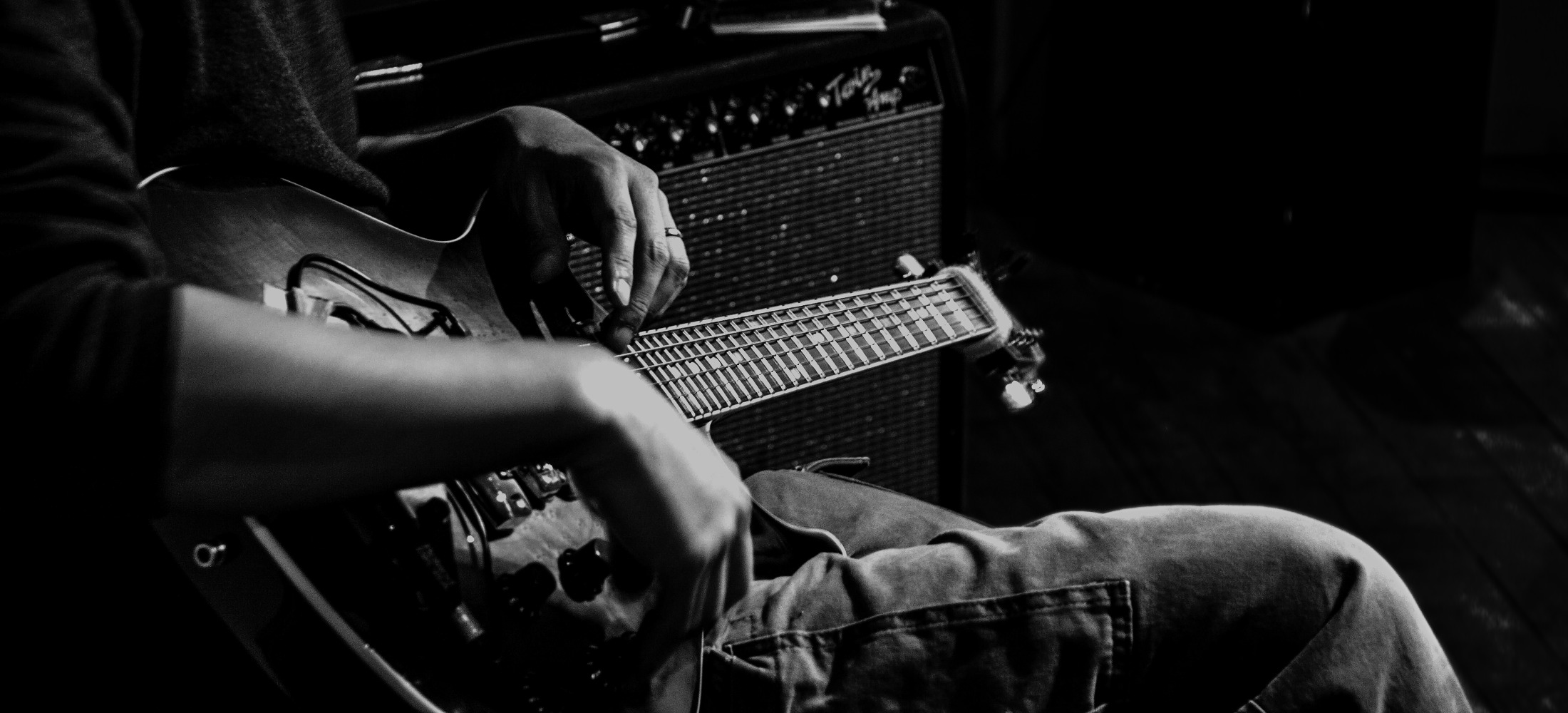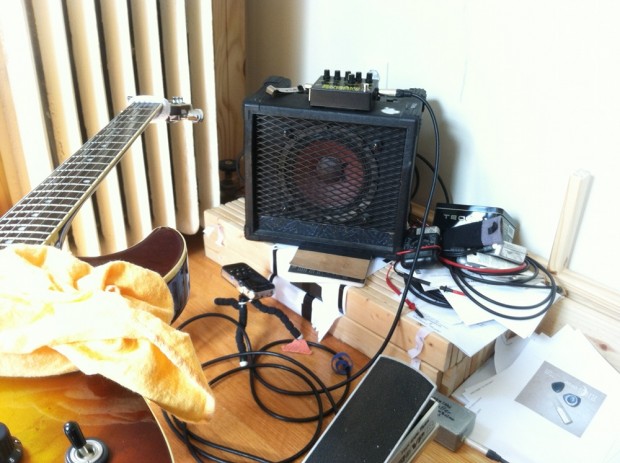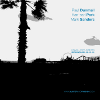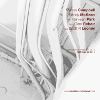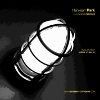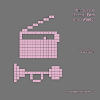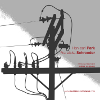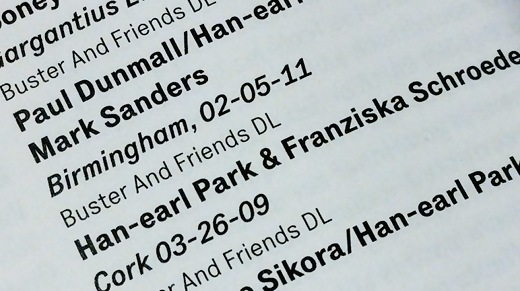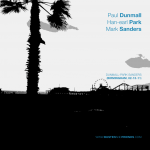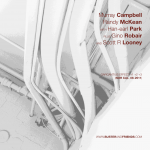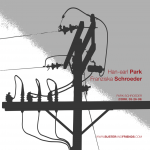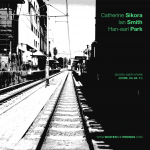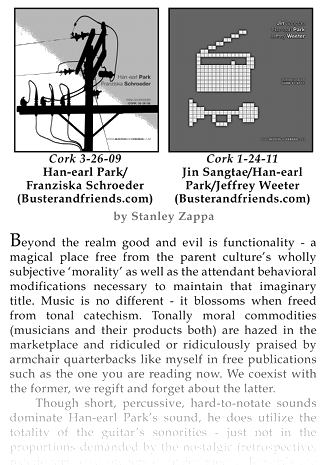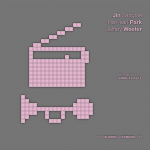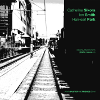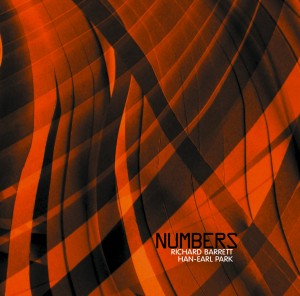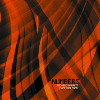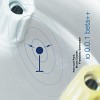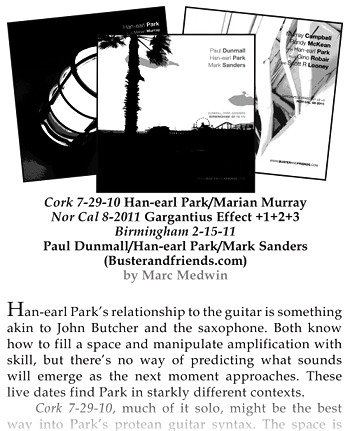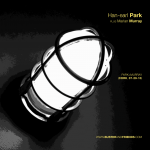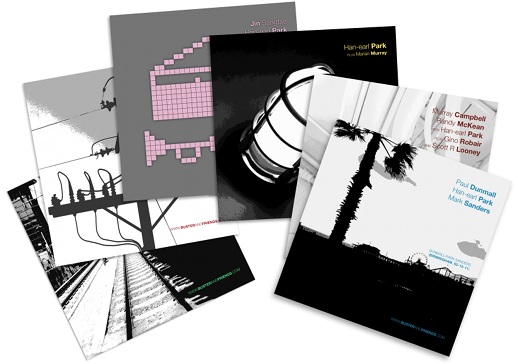
With the release of the recording with Paul Dunmall and Mark Sanders, I’ve completed the current series of download albums, and I’ve been taking a break from releasing new recordings. The albums so far—all Creative Commons licensed, and free or ‘name your price’—are collated here and on the downloads page. With a break in the release schedule, I’ve taken the opportunity to overhaul the downloads page; the most significant update since I started, in September 2010, formally offering complete concert recordings online.
One notable update to the downloads page is the addition of the recommended Bandcamp albums that accompanied the current series. As I wrote previously, there are some very fine and inspiring creative, improvised and experimental music on Bandcamp, but it isn’t always easy to find the recordings. Here’s my small contribution to help people get started. Enjoy, download, share—support creative musicians!
Keywords: improvised music, creative music, jazz, free jazz, free improvisation, experimental music, electronic music, electroacoustic.
Paul Dunmall, Han-earl Park and Mark Sanders
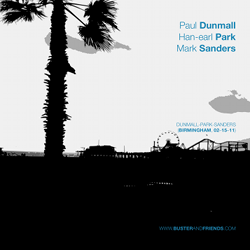
Two non-stop sets of improvised music. This live recording juxtaposes the formidable creativity and muscular technique of veteran improviser-saxophonist Paul Dunmall, the imaginative cyborgian virtuosity of guitarist Han-earl Park, and the ever inventive playing of Mark Sanders, arguably the most sought-after improviser-drummer of his generation. [More info…]
Recommended price: $8+
Accompanying Recommended Albums
Murray Campbell, Randy McKean, Han-earl Park, Gino Robair and Scott R. Looney
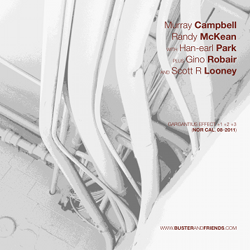
Accompanying Recommended Albums
Han-earl Park plus Marian Murray
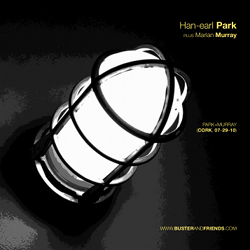
A solo performance by guitarist-constructor Han-earl Park exploring, with feedback and resonant buzzes, the complex, cavernous acoustics of the Lewis Glucksman Gallery, and the interactions between artifact (guitar) and the body (guitarist). For ‘Strokes and Screwballs,’ Park is joined by violinist-improviser Marian Murray for a conversational improvisation. [More info…]
Recommended price: $5+
Accompanying Recommended Albums
Jin Sangtae, Han-earl Park and Jeffrey Weeter
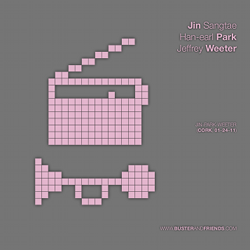
A stark, real-time evolution of on-stage relations. The performance took place during Seoul-based experimental electronic musician Jin Sangtae’s European tour. Featuring clanking hard drives, buzzing electronics, noisy guitars and machine gun percussion, this recording captures Jin’s meeting with guitarist-improviser Han-earl Park, and composer, drummer and intermedia artist Jeffrey Weeter. [More info plus the 24-bit edition…]
Recommended price: $8+
Accompanying Recommended Albums
Han-earl Park and Franziska Schroeder
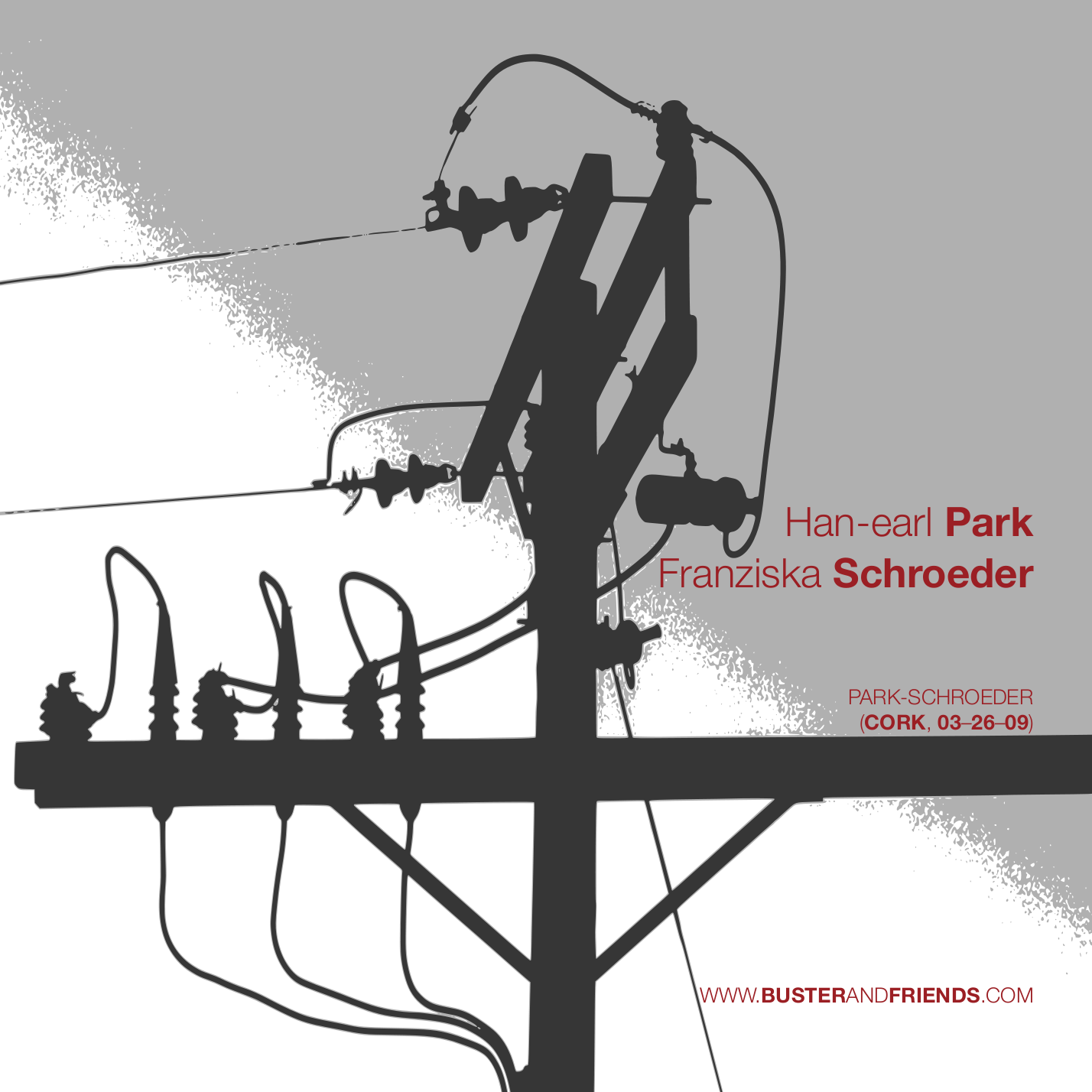
“Sounds reverberate and carry in unexpected ways, and music improvised here [The Glucksman Gallery] runs the risk of losing all definition. That [Han-earl] Park and his co-improviser Franziska Schroeder gracefully avoided this testifies to their alertness, sensitivity and experience working together in other spaces…. Indeed the evening had the feeling of conversation, with the instrumentalists demonstrating the improvisatory give-and-take of a convivial exchange of ideas.” [More info…]
Recommended price: $5+
Accompanying Recommended Albums
Catherine Sikora, Ian Smith and Han-earl Park
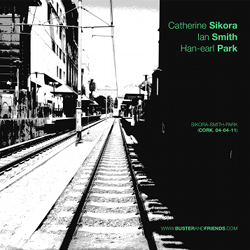
A performance by Catherine Sikora, a saxophonist with a striking, compelling sound. She has been described as “a free-blowing player’s player with a spectacular harmonic imagination and an evolved understanding of the tonal palette of the saxophone”. Sikora was joined by cofounder of the London Improvisers’ Orchestra, trumpeter Ian Smith, and guitarist Han-earl Park. Smith and Park had just come off the tour as part of the power-trio Mathilde 253 (with Charles Hayward) with Wadada Leo Smith. [More info…]
Recommended price: $8+
Accompanying Recommended Albums
